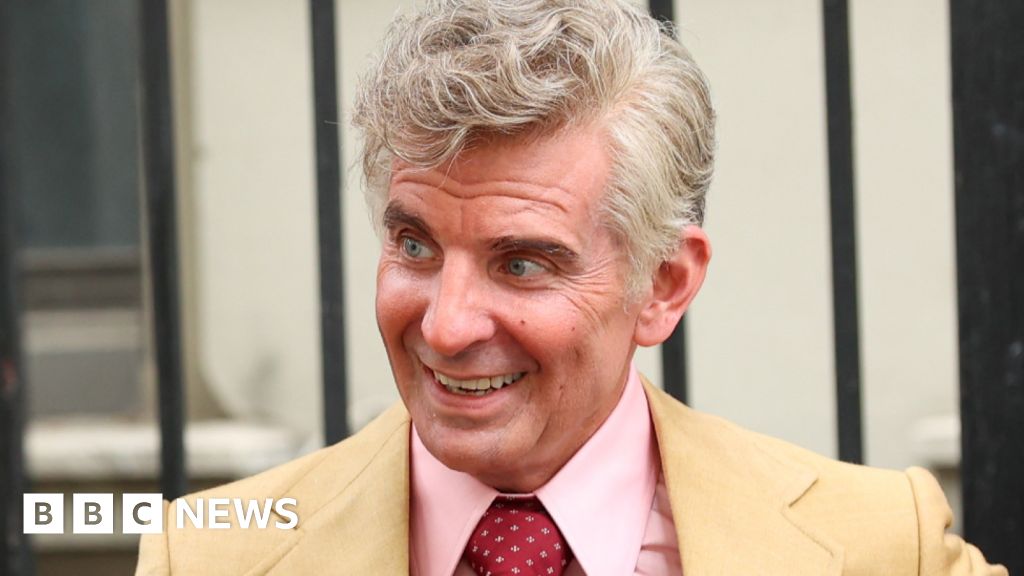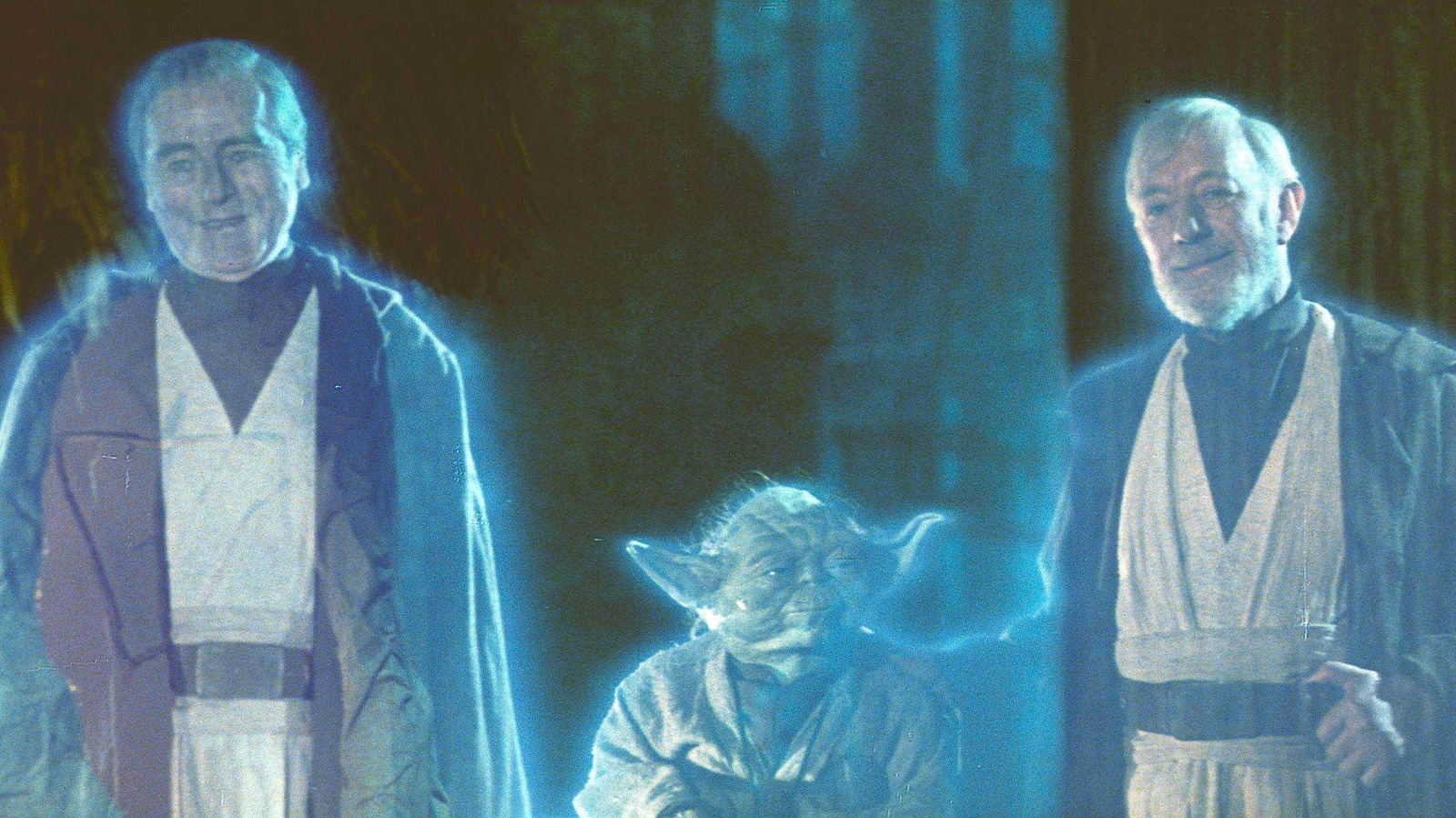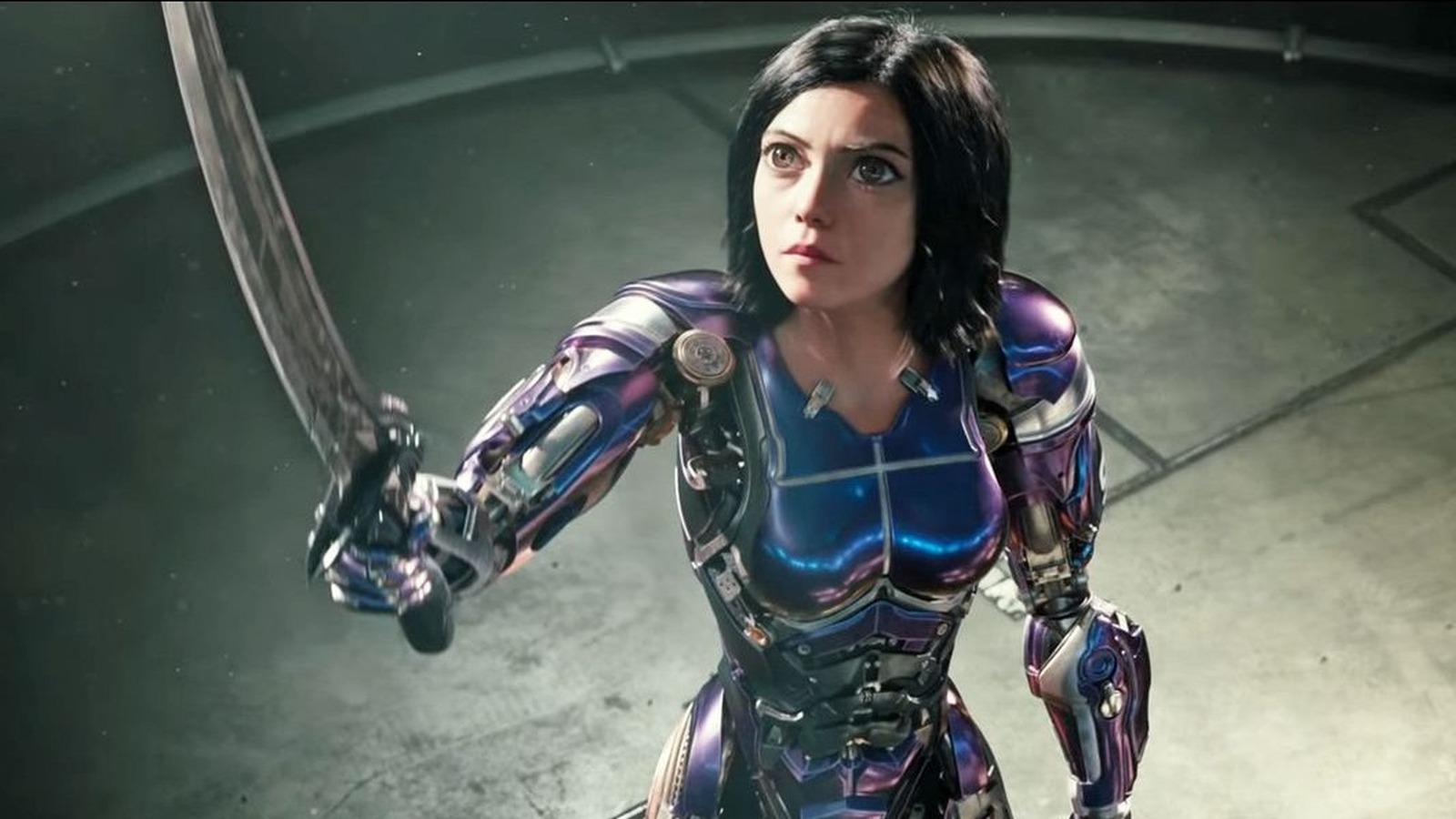
- By Annabelle Rackham
- entertainment reporter
image source, Getty Images
The maestro stars Bradley Cooper as Leonard Bernstein and Carey Mulligan as his lover Felicia Montelegre.
Actors altering themselves for roles is incredibly common – whether it’s their body, hair color or even the use of prosthetics.
Maestro’s first trailer, released this week, showed Cooper wearing make-up to make his nose appear larger, which some suggested plays to offensive Jewish stereotypes.
Bernstein’s family members defended Cooper in a statement, saying they were “absolutely fine” with the Oscar-nominated actor’s portrayal and that it “breaks our hearts to see people… misunderstanding his efforts”.
This article contains content provided by Twitter. We ask for your permission before any content is loaded, as they may use cookies and other technologies. You want to read Twitter Cookie Policy And Privacy Policy Before accepting. Select ‘Accept and Continue’ to view this content.
End of Twitter content, 1
Cooper, not Jewish himself, has drawn criticism and reignited a casting debate that has engulfed Hollywood for years: whether or not characters from minority groups should only be played by actors with similar traits.
It is not yet known how heavily Bernstein’s Jewish heritage will weigh in the maestro. Critics have yet to review the film, which premieres in Venice next month and won’t be released on Netflix until December.
image source, Getty Images
Carey Mulligan pictured with Bradley Cooper at the 2015 Tony Awards
This isn’t the first film to consistently center around live experience and authentic casting. In 2018, Scarlett Johansson left to play a transgender man in Rub & Tug.
Tom Hanks, who played a gay man dying of AIDS in the 1993 film Philadelphia, said last year that, as a straight man, he couldn’t play such a character today “and properly”.
Eddie Redman also recently re-evaluated his role in the 2015 film The Danish Girl, saying his decision to play a transgender woman was a “mistake”.
Other examples include Ridley Scott’s 2014 Exodus: Gods and Kings, which was criticized for portraying non-Arab actors as Egyptians, while Jake Gyllenhaal – a Swedish and Jewish actor – played the lead in the 2010 film Prince of Persia: The Sands of Time. played a role.
image source, Getty Images
David Badiel wrote the book Jews Don’t Count in 2021
All these films have been scrutinized in one way or another. Comedian and author David Buddiel has said that he doesn’t understand why the same reasoning about authentic casting doesn’t always apply to films or shows about Jews.
In his 2021 book Jews Don’t Count, he writes: “Jews remain the only minority where you don’t have to cast an actor to match the real thing.
“There would be immediate outrage and consequences for casting a trans part as anyone but a trans actor,” he says, referring to the rub-and-tug response.
“I draw attention to the discrepancy, the fact that there is no outrage [about Jewish roles]”
However, criticism of such casting has increased. Last year, actress Maureen Lipman said she “disagreed” with Dame Helen Mirren’s casting as Israeli Prime Minister Golda Meir in the upcoming film Golda.
‘A moot point’
One of the problems with trying to authentically capture the Jewish experience on screen is that it cannot be portrayed in a one-size-fits-all way.
Judy Klass, a lecturer in Jewish studies and English at Vanderbilt University in Tennessee, recently said that “no one really knows what the Jews are”.
Speaking to USA Today, she commented: “People who are not very religious are still Jewish. A lot of them seem culturally Jewish.
“A lot of people who want to fully assimilate would still certainly be considered Jews by Hitler, but so is modern white supremacy. It’s a very murky issue.”
According to Klass, there is no one face of Judaism – meaning that stereotypes like Cooper’s big nose are unpalatable to some Jews.
image source, Getty Images
Tracy-Ann Oberman is currently appearing in a production of Shakespeare’s Merchant of Venice as the Jewish character Shylock.
British actor Tracy-Ann Oberman, who is Jewish and currently plays the Jewish character Shylock in a production of Shakespeare’s The Merchant of Venice, wrote about representation in a post on Instagram this week.
Echoing some of Badiel’s sentiments, she said there is “huge sensitivity and debate over racial and minority representation,” but acknowledged that if someone has the skills to play the part, they should do it.
Oberman also asked why Cooper did not cast a Jewish actor instead of himself as the film’s director, but challenged his performance to be “so elegant and truthful that Bernstein’s character shines through as he already appears”.
Louisa Klein, best known for appearing in ITV’s Emmerdale, somewhat agrees with the point Oberman makes about casting someone who looks fit without requiring physical modifications.
“We’re all cast not only or at least entirely because of talent, but also because of how we look,” she tells the BBC.
“So if an actor is cast in a part but doesn’t seem right, there are so many brilliant actors out there. Surely someone would be better suited for the part and not need a prosthetic nose for example?”
image source, Getty Images
Louisa Klein has appeared in ITV’s Emmerdale
Klein, who last year appeared in The Royal Court Theatre’s show Jews. In her own words, who looked at the legacy of anti-Semitism in the UK, said she “doesn’t believe Jewish actors should be playing Jewish parts,” adding: “It’s our job to be able to change.”
Drawing on his experience at the Royal Court Theatre, he does, however, support some of the points Klass makes about stereotyping Jewish people.
“The worst part is seeing non-Jewish actors playing stereotypes, and after working in an all-Jewish company of actors, the unspoken language of the shared experience of being a minority is priceless,” she says.
“Stereotypes are what are dangerous and feed anti-Semitism and are essentially what we all fear.”
‘No two of us are the same’
While this particular debate surrounds the casting of a Jewish male, there is also some debate surrounding the perceived lack of opportunities for Jewish women in the acting world.
Whether it’s Dame Helen being cast as Mir, or Rachel Brosnahan as the star of the Emmy-winning The Marvelous Mrs. Maisel, it’s arguable that there are fewer Jewish women playing female Jewish roles.
Comedian Sarah Silverman, who is Jewish and plays Leonard Bernstein’s sister in The Maestro, has spoken about this discrepancy frequently on her podcast.
The way Jewish women are portrayed on screen also seems to be less widely represented. A teasing Jewish mother like Mrs. Wolowitz in The Big Bang Theory or a high-maintenance character like Shoshanna Shapiro in Girls come to mind.
image source, Getty Images
Picture of Bradley Cooper on the set of Maestro in 2022
Klein agrees that “the culture, the heritage, the experiences of being around Jewish women tell a lot about that”.
But she says that when it comes to authentically representing the Jewish people – whether men or women, “our lived experience gives us a huge advantage in being able to play that part”.
Aside from the debate over who should play Jewish people in 2023, American journalist Mark Harris says one thing we shouldn’t be arguing about is whether enough Jewish stories are being told in Hollywood.
“I don’t think any argument about Hollywood’s systematic refusal to give Jews a chance in the entertainment business stands up very well to scrutiny,” he wrote in Slate this week.
“We are not treated so badly by movies and television that we need a series of roles reserved for us, and to have the right to tell our own stories, we tell them (and many others, as everyone has the opportunity to do should. ) all the time.”
Harris reiterated the point others have made about Jewish culture being too critical to stereotype, and therefore being Jewish “doesn’t make us highly qualified for certain acting assignments”.
“There’s a reason for the old joke that if you want to start a fight, all you have to do is ‘put two Jews in a room,'” he noted. “No two of us are the same.”





